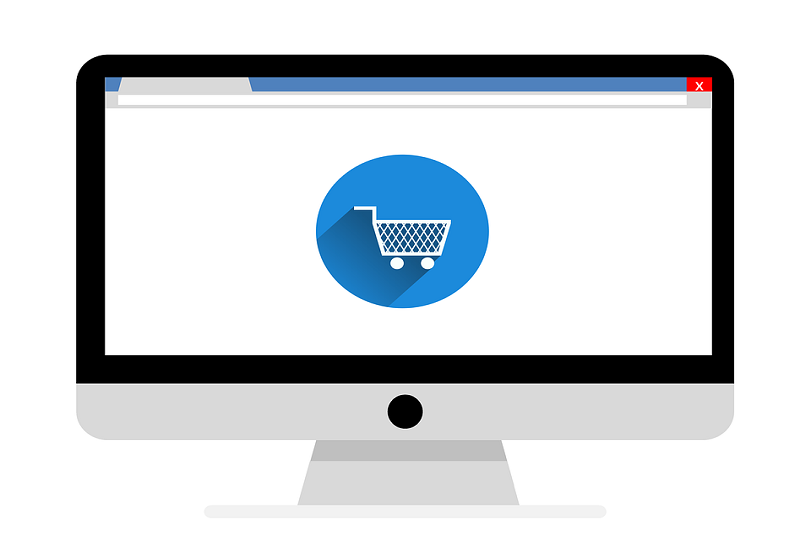Physical Address
304 North Cardinal St.
Dorchester Center, MA 02124
Physical Address
304 North Cardinal St.
Dorchester Center, MA 02124

Selecting the right e-commerce platform for your online business is a big part in setting up your venture for a good head start, as well as a stable foundation for success in the future.
There are no easy answers to this problem, as each business venture is unique in its own way, so it’s up to the online entrepreneur – you – to carefully consider the needs of your shop and the ins-and-outs of the available e-commerce platforms.
To narrow down the search for the most fitting e-commerce service for your online shop, here are some important questions to consider.
Table of Contents
Before we go deeper into the discussion, first decide whether to self-host your shop or rely on an existing e-commerce platform to power your online venture.
Going the self-hosted route allows greater flexibility and customization for your online shop. What that entails though, is handling all the technical backend that may or may not be within your scope of knowledge. You can also choose to offload these tasks to a third party developer for a cost that may vary depending on your requirements.
On the other side of the coin, choosing to go with established e-commerce platforms like Shopify will allow you to fully concentrate on sales, marketing, and brand-building without worrying about the technical aspects.
The trade-off in selecting this option is that you won’t have a lot of freedom to customize your shop. Costs can also be a potential issue, as well as policy and service changes within the platform.
Certain e-commerce platforms have support for both physical and digital goods. Some services are more specialized in either physical or digital.
Some features are also exclusive to specific e-commerce services, so it’s best to do your homework on the intricacies of each platform before taking the plunge.
Customers can get very discouraged when their preferred payment methods are not available in an e-commerce platform. Carefully consider how the majority of your patrons will be paying.
It’s also important to note that not all e-commerce sites work with all third party payment solutions. Look up these crucial details before siding with a platform.
E-commerce platforms can also be picky when it comes to integration with third party apps and plug-ins. If you’re heavily reliant on a particular service or site to fuel a certain part of your business, then it’s best to see whether your favored platform can integrate smoothly with it.
E-commerce newbies and veterans alike will eventually encounter a situation where they’ll need the help of the platform’s support team for resolution. Check if the support channels available in an e-commerce platform are suitable and convenient for you.
A well-run online shop will thrive and eventually see growth. As such, it’s best to select an e-commerce platform that can scale to accommodate your business’ future needs. A bit of analytical foresight is needed for this, so do your best to anticipate how big your business will be within a given timeframe.
Migrating to a different e-commerce platform because the service cannot satisfy your requirements anymore can be very costly in both time and resources.